
5 Must-Have Clauses in Artist Management Contracts
As an artist manager, you always want to have a solid artist management contract in place to protect both yourself and your client. Too many artists and managers have lost out because they never properly worked out the specifics of their business relationship and inked an agreement together.
Artist management contracts outline the expectations, responsibilities and revenue splits straight from the get-go. There's simply too much to consider to leave it to a verbal agreement. How do you even remember what you've agreed to without having it all down in writing?
Once an artist and their manager are committed to working together, going without a written agreement is like asking for trouble. The history of the music business is littered with examples of disputes stemming from this mistake.
So, you always need to have a management contract in place with your artists, plain and simple.
Now, not all management contracts are exactly alike, but there are certain clauses that are critical to every management agreement.
So let's take a look at them.
Here are 5 must-have clauses every music manager (or their lawyer) needs to include in their artist management contracts:
(Subject order: Decision making, Commission, Term, Sunset, Exc.
1. Commission Rates
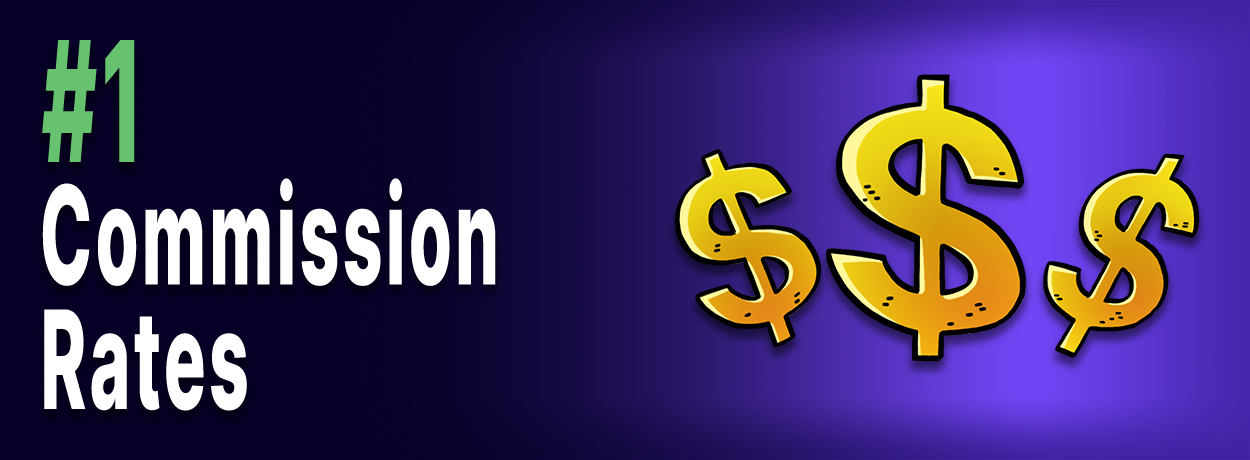
It probably goes without saying that one of the most important parts of this agreement is the manager's commission rate for the income generated by the artist.
As a general rule, managers take a percentage of all income generated by the artist in exchange for their management services.
Commission rates typically range from 15-25% of the artist’s gross income from:
-
Recording royalties: Sales, streaming and licensing of recorded music.
-
Touring/live performance income: Concerts, tours and live shows.
-
Merchandise sales: Sales of branded merchandise like t-shirts, posters and other items.
-
Endorsements/sponsorships: Payments from brands and companies for promoting their products or services.
-
Other income: Any other income streams like sync licensing for film and TV, public appearances and more.
Make sure to define what income sources are commissionable and what are not.
For example, some contracts may exclude certain types of income like songwriting royalties, tour support, or income from pre-existing deals. As an artist, when negotiating this contract you'll really want to pay attention to what income is fair to commission here. Maybe all your music activities are commissionable? But maybe not. Much will depend on what you, and the manager, have to bring to the table.
Regardless at what you work out together, having this all down in writing avoids future disputes and ensures both parties know the financial terms of the relationship. Neither you nor your manager wants there to be any surprises or bitterness once the money starts to roll in. Confirming what and what isn't commissionable needs to be established right from the outset - in writing!
Negotiation Tips
Be you an artist or artist manager, when negotiating commission rates you should consider:
-
Researching industry standards: Know the typical commission rates for your genre and market. This will be your benchmark to negotiate from.
-
Artist’s career stage: Newer artists may need more time and effort and are generally a greater risk to managers, so a higher commission rate is arguably justified. Established artists with steady income streams are typically able to negotiate lower rates.
-
Be transparent: As a manager, clearly explain the value you bring to the table and how your efforts will contribute to the artist’s success. Artist management can be one of the toughest, most demanding jobs in the industry. Not all artists appreciate the enormity of what's involved to professionally manage a music act. They should understand what kind of commitment you're making in taking them on as a client.
-
Flexibility: Be open to negotiating different rates for different income streams. For example, you may agree to a higher commission on touring income and a lower rate on recording royalties. As with any agreement, much of it comes down to negotiation. But as a general rule, the fairer you're management agreement, the more likely you'll pursue a harmonious, productive career journey together.
2. Term Length in Management Agreements
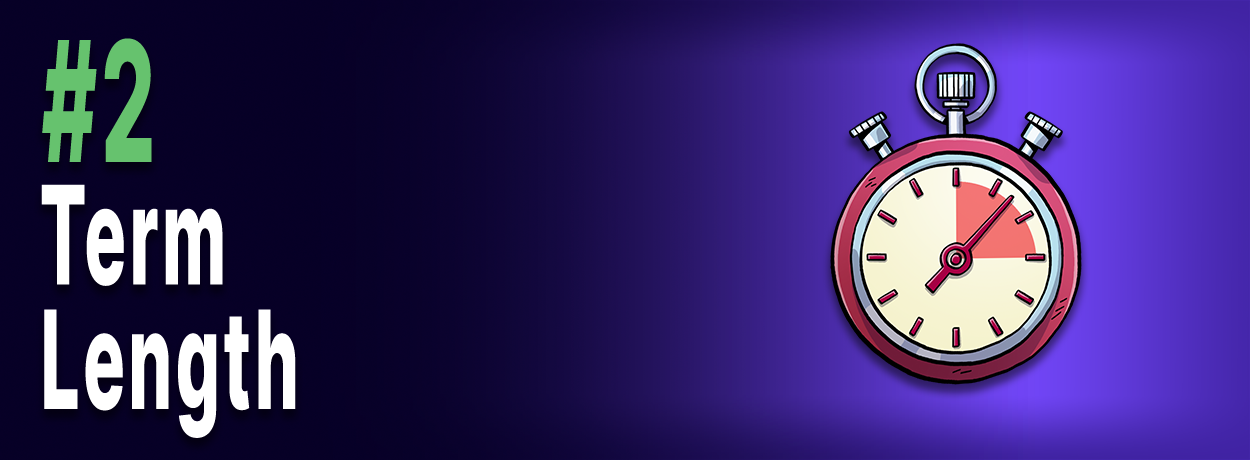
Another key clause you need in your management agreement, perhaps not surprisingly, is the term length. The term clause in management agreements defines how long the contract will be in place and how and when it expires. (More on this below in the Sunset Clause section)
Many artist management contracts have an initial term of 1-3 years with options to extend for further periods. That's basically the standard term these days, but it could be longer, or possibly even shorter in some situations.
Consider the pros and cons of short vs long term. A multi-year term provides stability but less flexibility, whereas a shorter term allows the freedom to re-evaluate the relationship more frequently.
Pros and Cons of Different Terms
-
Short term (1 year):
-
Pros: Again, a shorter term allows for frequent re-evaluation of the relationship and more flexibility for both parties. If the partnership isn’t working out, it’s easier to part ways.
-
Cons: At the same time, a shorter term provides less stability and security for both artist and manager. Frequent renegotiations can get time consuming and disrupt long-term career planning and strategies.
-
-
Long term (3+ years):
-
Pros: Provides stability and security, allowing for long-term planning and investment. Both parties can focus on building the artist’s career without worrying about frequent contract renewals. That's a genuine plus assuming everything is working out. But as an artist, if it isn't working out and you're increasingly finding your career on your manager's back burner, you'll want to part ways as soon you can.
-
Cons: Less flexibility if the relationship isn’t working out. Terminating a long-term contract is more complicated and given to costly legal disputes - not to mention potentially costly resolutions for breaking the contract before its term has concluded.
-
3. Decision-Making Authority
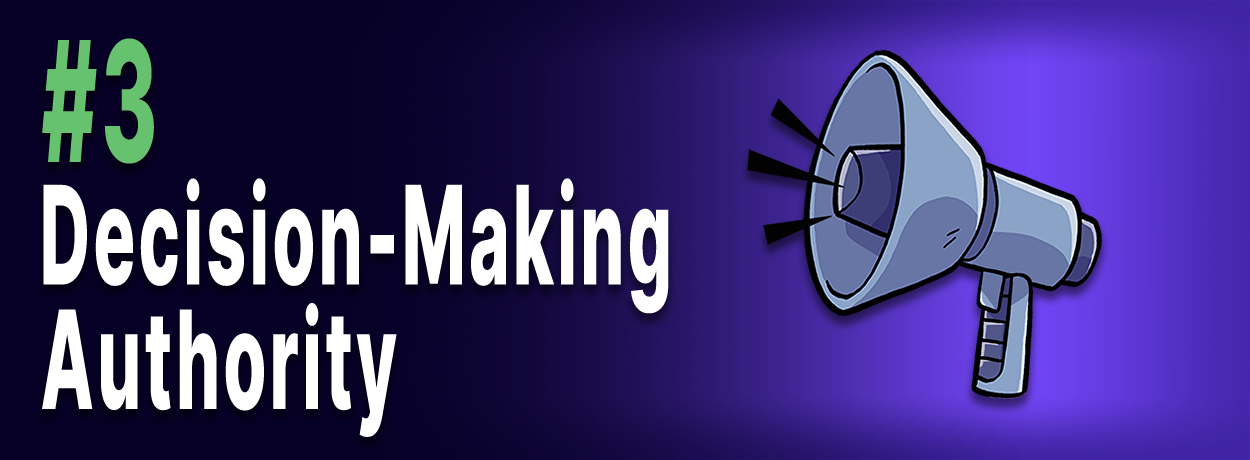
You'll also need to pay attention to the clauses that define the manager’s decision-making powers regarding the artist’s career. The needs to be perfectly clear to all signatories to the contract.
It's important to clearly define these decision rights so the manager can guide the artist’s business without excessive second guessing. Key areas of decision-making authority include:
-
Approving employment opportunities: The manager can approve or decline job offers, performance opportunities and other engagements on behalf of the artist.
-
Hiring other team members: The manager can hire and manage other professionals, like lawyers, business managers, publicists and booking agents.
-
Negotiating deals: The manager will negotiate contracts and deals with record labels, promoters, sponsors and other business partners.
-
Managing finances and accounting: The manager will manage the artist’s finances, budgeting, accounting and tax planning.
Power Balance
The objective is to find the right balance over decision-making authority. The manager needs enough power to manage the artist’s career effectively while enabling the artist to have the final word over key decisions.
To this end, consider including provisions that require the artist’s approval for major decisions like signing a record deal or a long term sponsorship agreement. But the day-to-day decisions need to be taken by the manager for business to run smoothly and efficiently.
4. Sunset Clause (place after Term)
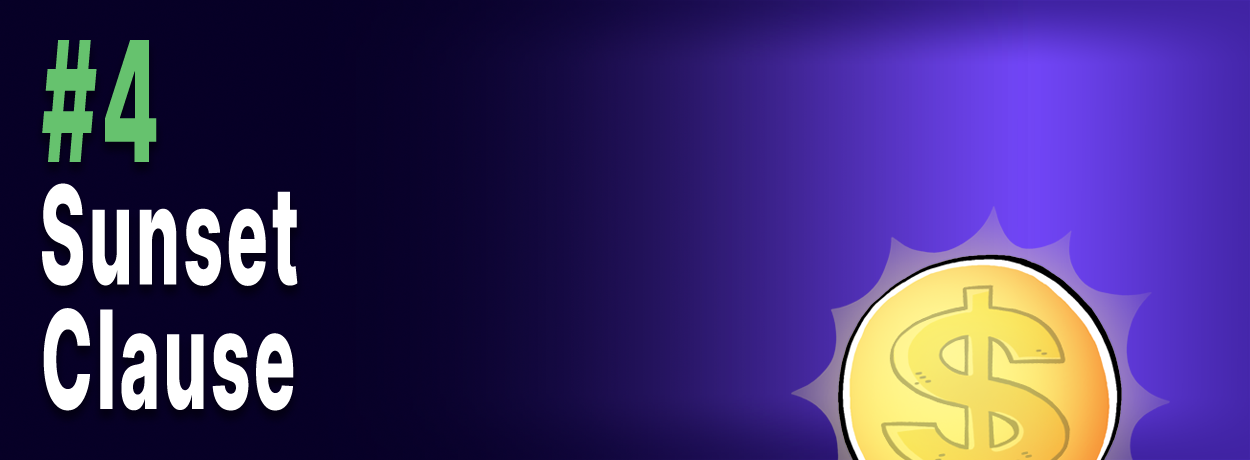
A sunset clause specifies that the manager's commission rights extend for a period of time even after the termination of the agreement.
For example, a 2-year sunset means the manager would still receive commission from any deals they negotiated during the contract term.
This clause is important so managers are paid for the long term value they create rather than being cut off from revenue streams they helped generate.
Standard Practices
Common sunset clause provisions:
-
Duration: The length of the sunset period, 1-3 years.
-
Scope: The types of income subject to the sunset clause; recording royalties, touring income, merchandise sales, etc..
-
Percentage: The commission rate during the sunset period, same as original or reduced.
Here, I'll give you an example to help illustrate how a sunset clause works in real life.
Let's say an artist signs a big endorsement deal during the term of the management agreement.
Even if the agreement is terminated, the manager should still receive commission from that deal for the duration of the sunset period. How much commission is something typically negotiated.
This way the manager is rightfully compensated for their work in securing the deal.
5. Exclusivity

Exclusivity means that the artist can only be represented by the manager named in the contract for all revenue sources.
No other managers or representatives can be hired without approval.
For managers, exclusivity clauses protect them from someone else representing the same artist on other revenue streams and undercutting their commission rate.
There are different types of exclusivity in management agreements.
Types of Exclusivity
-
Full exclusivity: The artist is exclusively represented by the manager for all aspects of their career.
-
Partial exclusivity: The artist is only represented by the manager for specific revenue streams or territories. For example, the manager has exclusivity for touring and live performances but not for recording deals.
Pros and Cons of Exclusivity
-
Pros: The manager has full control over the artist’s career and can plan strategically. It also protects the manager’s commission rate from being undercut by others.
-
Cons: An artist can’t seek additional representation or specialized expertise when they feel they need it. This can lead to conflict if artist doesn’t feel their needs are being met.
Before Signing An Artist Management Contract: The Dating Phase
Although it is recommended for a startup manager to not be picky with whom he or she first chooses to work for, always keep in mind that believing in your clients’ art is one of the primary foundations for success – whatever you define success as. But, regardless of the art, having good chemistry with the artists based on their personality is important, and that’s where being fussy when deciding whom to work with is important.
Many managers devotedly stick to an approach known as the “Dating Phase”, a period of time when both artist and manager agree to work together in an informal fashion. This time serves to build the relationship; to test if both parties can get along and if they are serious/professional about their work.
Don’t stress about creating the perfect artist management contract just yet. This informal period should go on until the both of you agree that your professional relationship has proven to be a positive development. It can take a few months to mutually feel safe, but once you do, it's time to put it all down in writing.
Using Creative Intell's Editable Management Agreement Templates
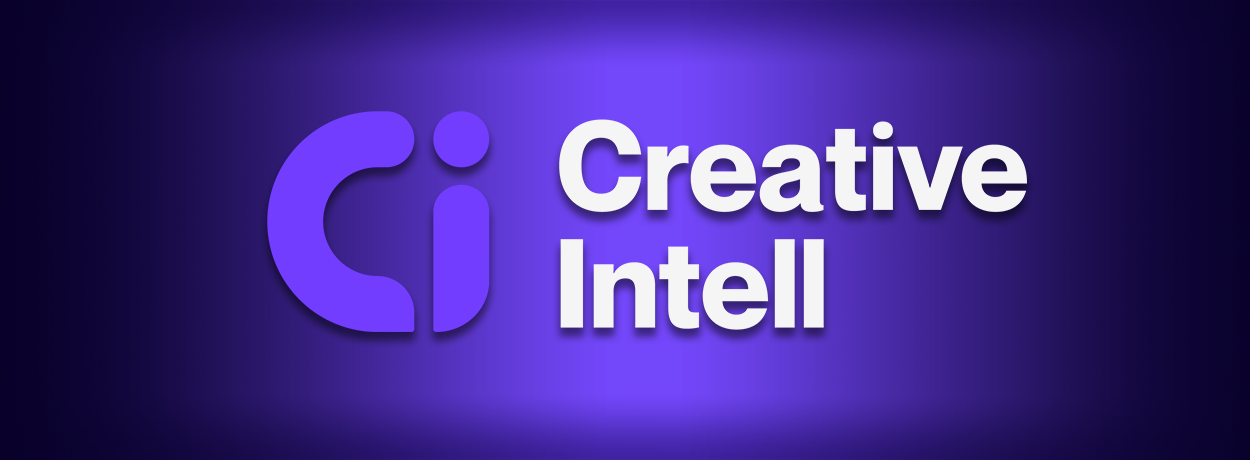
For music managers looking for high-quality, legally-vetted artist management agreement templates, Creative Intell offers a comprehensive solution. Our management agreement contract templates are:
-
Written by top entertainment lawyers to be accurate and up to date
-
Our artist manager templates cover all aspects of the management relationship.
-
Customizable to include the specific provisions and terms for your situation, including artist forms
-
Helps you get fair deals that protect your rights as a manager (or artist) and outline the management services you provide
-
Suitable for any musical artist looking to formalise their management relationship.
-
Comes with a full course explaining music management agreements in plain English
Quite simply, our contract templates always have you covered.
Rather than hiring an entertainment lawyer to draft a bespoke agreement from scratch or downloading dodgy contract templates online yourself, Creative Intell gives managers access to professionally drafted industry standard agreement templates they can trust.
So you can get on with what you do best - managing your artist to success.
Creative Intell Templates with Courses and Guidance from Experts
For members, every Creative Intell agreement template comes packaged with a course that explains what each clause in that agreement means and does, so they always know what they're signing.
And if members have questions about the agreement or the terms of the deals they're doing, Creative Intell has experts on hand to answer them.
So the template, the course and the experts are all included for the same price.
When you think about what an entertainment lawyer would charge you for the same services, it’s not hard to see how Creative Intell membership is a no-brainer for artists and managers looking to formalize their business relationship.
Final thoughts on key artist management contract clauses
Having an artist management contract in place from the start sets the tone for a happy manager-artist relationship.
By including clauses for commissions, term, decision making, sunset periods and exclusivity, you’ll have all your legal bases covered from day one.
Using trusted resources like Creative Intell's templates and associated music business courses, you can negotiate fair terms with your artist (or manager) while avoiding costly legal pitfalls.
Disclaimer: Creative Intell is not affiliated, nor associated in any way, with any third parties referenced herein, nor their respective goods or services. Any and all third-party trade names, trademarks, and/or service marks referenced are used for informational purposes only, and are the exclusive property of their respective trademark owners.





